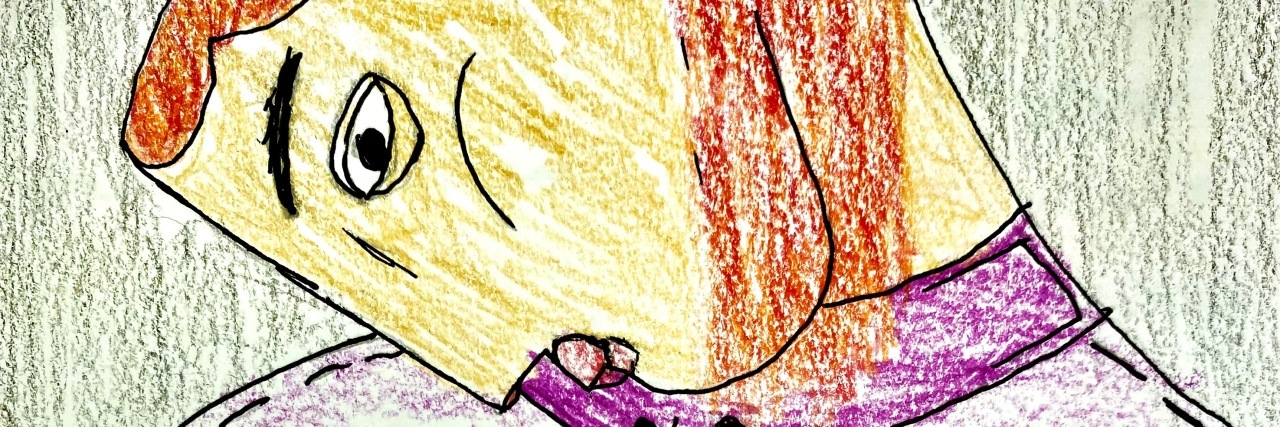Dear What I Can’t Do,
I’m at a loss for what to do again. Once again, I find myself in eating disorder treatment feeling like staff don’t know how to treat the root cause of my problem – my relationship with my disabled body. Time after time, I hear “don’t focus on what your body looks like, but what it can do for you.”
But what happens next when I don’t like how my body functions either?
Society tells me to focus on what I can do vs. what I can’t do. But, this is invalidating because everything I can’t do is just as much a part of me as my arms and my legs. It’s hard to pretend those don’t exist when it’s very clear that those limbs do exist.
What I can’t do often feels like this big black cloud in me, always ready to rain on my parade.
While there are so many things I can’t do due to fatigue and pain from my cerebral palsy and mental health, I’ve gained perspective others don’t have.
What I can’t do makes me, me. And that’s where the words acceptance and forgiveness come in.
If I could do everything I wanted to, I’d be a practicing physical therapist and possibly have a family by now. Instead, I’m in and out of mental health treatment year after year. I spend my time focusing on my physical and mental health as my full-time job. I volunteer one morning a week at a hospital. That’s what I can do, but that’s only happening because of what I can’t do.
Because of what I can’t do – be a physical therapist, I have a completely different life ahead of me than the one I had planned for years.
Because of what I can’t do, I’ve spent the last five years living with my parents. I don’t feel like I’m “adulting” like other 28-year-olds.
Because of what I can’t do, I’ve become an advocate after experiencing injustices faced by poor and disabled people every day. I make sure buildings are accessible and speak up when they aren’t. I have written about the lack of adequate low-income housing and how receiving SSI payments forces an individual to live in poverty and be unable to marry in order to keep financial assistance and proper health insurance.
Because I can’t be a physical therapist – due to both physical and mental health reasons – my income is limited to SSI and I will basically be moving out of my parents’ house and into poverty in the coming months.
My physical and mental health make many things difficult or impossible such as running, keeping up with friends and family, and having the energy to explore my community and the world around me.
I have to accept that this is all part of my life. I can’t ignore it, and I don’t want others to ignore that either. I am who I am because of – not in spite of – what I can’t do.
Acceptance is hard, and I know I must work through that before I can work through forgiveness. Forgiveness is difficult because it forces me to let go of some dreams forever. And that’s really uncomfortable.
In the end, I need acceptance and forgiveness to heal.
“Accept yourself, love yourself, and keep moving forward.” –Ray Bennett

